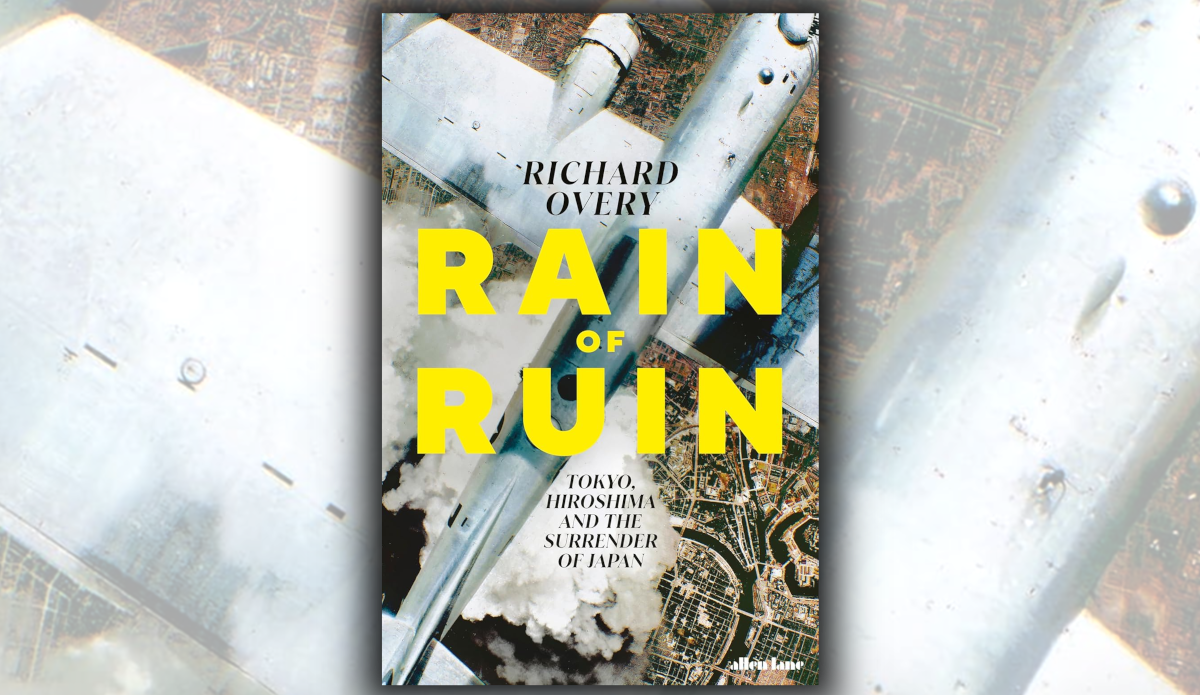As the summer holidays approach, full of the promise of reading (or listening) time, it is worth looking at some of the books, articles, and other writings that have inspired members of the Australian Army Research Centre (AARC) over the last year.
There are other resources out there, with no end of professional reading lists to choose from, including from the AARC: a littoral focused list from earlier this year, and the 2019 Army reading list. A new Army Reading List is being developed and will be released in 2025.
Paul Scharre, Four Battlegrounds. Power in the Age of Artificial Intelligence, W.W. Norton, 2023, 473 pp, (USD) $32.50 (hardback)
Artificial Intelligence (AI) is a hot topic, especially regarding military and national security applications. Paul Scharre’s latest book, Four Battlegrounds, is a great resource for the current state of many discussions. He examines what he sees as the titular four battlegrounds of AI: data, compute, talent, and institutions. He is measured in his approach, and balanced in his conclusions, staying far away from sci-fi like speculation of ‘killer-robots’ and other such pitfalls. [A review will be appearing in the near future as part of the AARC’s Land Power Library series]
Timothy Heck, B. A. Friedman, and Walker D. Mills (eds.), On Contested Shores: The Evolving Role of Amphibious Operations in the History of Warfare, Vol. 2, Marine Corps University Press, 2024. Available for download at: https://www.usmcu.edu/Outreach/Marine-Corps-University-Press/Books-by-topic/MCUP-Titles-A-Z/On-Contested-Shores-V2/
This 2024 follow up to Volume 1 of On Contested Shores adds to the many case studies of amphibious warfare going back hundreds of years. Volume 2 is arranged thematically, covering everything from logistics and personnel through to technology, training, and policy.
US Army, Military Review, September 2024, Professional Military Writing Special Edition, September 2024
The Military Review is the US Army’s professional journal, and this edition is all about professional writing. It is full of great articles on writing: from style through to substance. It is imperative that the contest of arms is underwritten by the contest of ideas, and writing is a key part of that. This edition of the Review provides great guidance for those wishing to write, and the AARC stands ready to publish, whether it be a Land Power Forum post, through to Australian Army Journal articles and longer Occasional Papers.
Max Brooks, World War Z: An Oral History of the Zombie War, originally published 2006. (Available in several editions and formats)
World War Z is a work of fiction, but incredibly insightful for understanding how a global crisis would unfold, in a manner that is well within the realm of possibility (and scarily accurate overlaid against the COVID pandemic). The audio-book version is highly recommended.
Sean McMeekin, The Ottoman Endgame (Penguin, 2016), $27.99 (AUD)
In The Ottoman Endgame, author Sean McMeekin provides a well-written and accessible introduction to the last years of the Ottoman Empire. Commencing his narrative history on 7 September 1876 with the ascension of Sultan Abdul Hamid II, McMeekin traces the long fall of the Ottomans, the rebirth of the state into modern Turkey in the 1920s. With significant coverage of the First World War (12 chapters) and the secret wartime allied agreements for the divvying up of the Empire, including the little-known but significant part of the Russian Empire in such agreements, this book provides an interesting and readable introduction to the birth of the modern Middle East.
David Stahel, Retreat from Moscow: A New History of Germany’s Winter Campaign, 1941-1942 (Picador, 2019), $25.00 (USD)
It is often hard to portray how radically modern western societies and defence forces differ in their views on casualties and conventional warfare from the Second World War. In Retreat from Moscow, author David Stahel traces the death and destruction of the Eastern Front in the winter of 1941-42. As the German Army froze en-mass, Soviet leadership fumbled headlong into a mirage of victory. While initial Soviet counter-attacks were successful against overstretched, severely underequipped, isolated areas of the German front, successive (and hard-argued) German withdrawals into firmer defensive locations culminated in successive massacres of ill-led and ill-trained Soviet units. The sheer scope of human devastation that resulted from this short period of winter warfare is difficult to articulate, but Stahel is completely successful in doing so, while also offering much food for thought on civil-military relations, mission command, and logistics.
Andrew J. Forney, ‘Davy Crockett and the Boy Scouts: The Korean War and Mismanaging Protracted Conflict’, Texas National Security Review 8, no. 1 (2024/25): https://tnsr.org/2024/10/davy-crockett-and-the-boy-scouts-the-korean-war-and-mismanaging-protracted-conflict/
With the ongoing Russo-Ukrainian War, western armies have prudently begun to refocus on the requirements for protracted Large Scale Combat Operations (LSCOs). In this vein, the US experience in the Korean War offers some interesting lessons on what not to do (so does Australia’s, by the way). Forney explores the steady erosion of the US Army’s combat efficiency in that conflict and which led, by late 1952, to the multinational Eighth Army’s inability to achieve victory on the battlefield. Utilising a range of anecdotes, Forney clearly articulates the impact of poor policy decisions in Washington on US forces in Korea.


